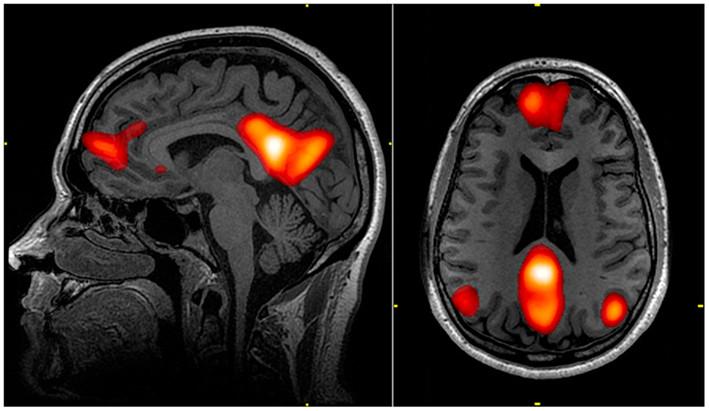The Daydreaming Network
Our brains have many regions, like the prefrontal cortex, medial temporal lobes and the parietal cortex cluster, allowing us to imagine and visualize complex scenarios and their possible outcomes inside our minds.
This makes daydreaming a complex and rich phenomenon which we take for granted.
163
965 reads
CURATED FROM
IDEAS CURATED BY
The first step in the acquisition of wisdom is silence, the second listening, the third memory, the fourth practice, the fifth teaching others.
The idea is part of this collection:
Learn more about problemsolving with this collection
How to manage anxiety and self-doubt
Strategies for setting realistic goals
The importance of self-compassion and self-care
Related collections
Similar ideas to The Daydreaming Network
The Default Mode Network: A Key Brain Region
When we evoke our past or visualize our future, the default mode network region of the brain, which includes areas like the medial prefrontal cortex, are activated.
This is usually when we are relaxed and are letting our minds wander.
Read & Learn
20x Faster
without
deepstash
with
deepstash
with
deepstash
Personalized microlearning
—
100+ Learning Journeys
—
Access to 200,000+ ideas
—
Access to the mobile app
—
Unlimited idea saving
—
—
Unlimited history
—
—
Unlimited listening to ideas
—
—
Downloading & offline access
—
—
Supercharge your mind with one idea per day
Enter your email and spend 1 minute every day to learn something new.
I agree to receive email updates
